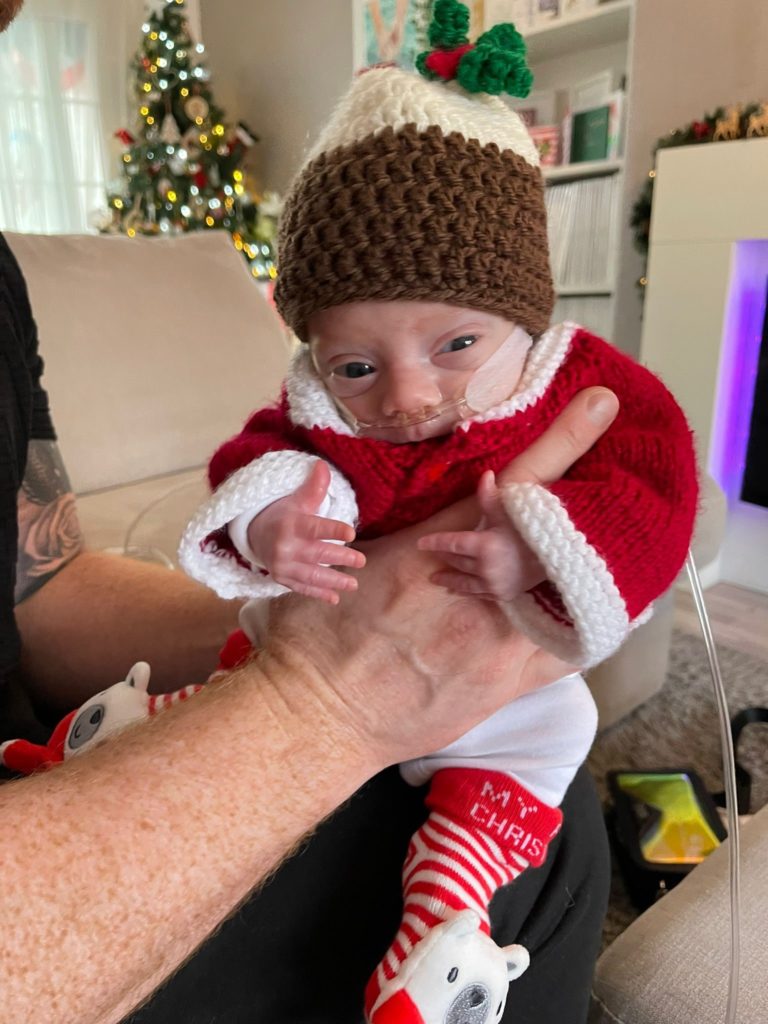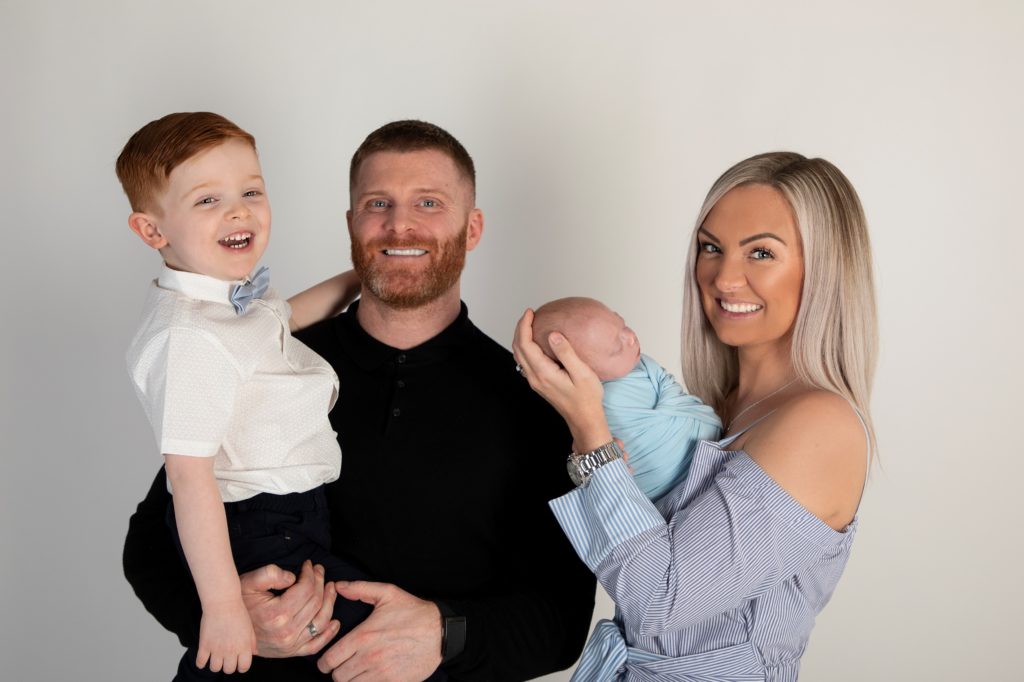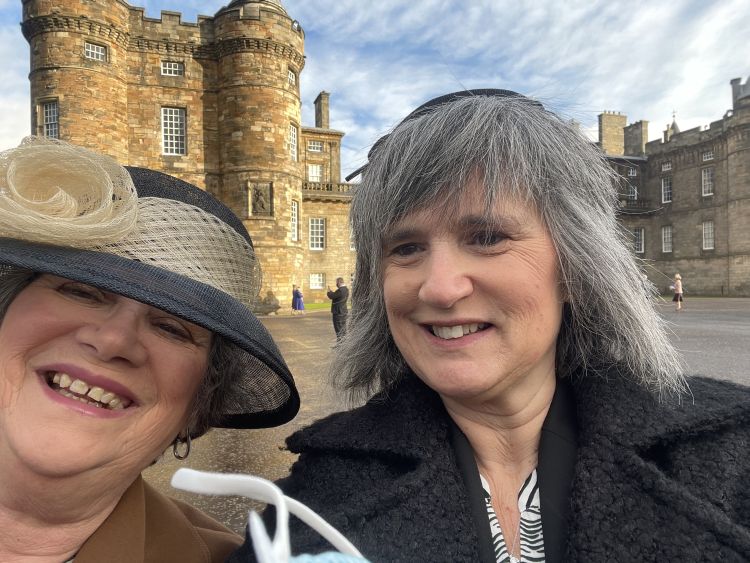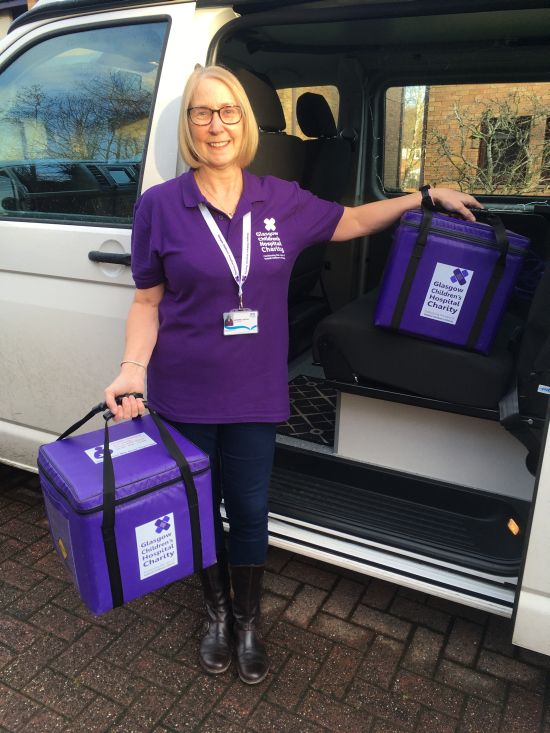
The Queen Elizabeth University Hospital in Glasgow is home to a very special service which helps the smallest and sickest babies in Scotland.
The Donor Milk Bank Service has gone from strength to strength since its inception in 1978, and last year fed over 1,100 babies with breast milk. Such is the demand, they need more donors to keep up.
The service is quite a simple one. Mums who are able to feed their own baby and have more milk than they need or have stored milk, donate it to the Milk Bank where it is processed, before being sent out to neonatal units all over Scotland. There it is fed to sick and premature babies where the mum is unable to produce milk or in sufficient quantities for their baby.
The service became Scotland-wide in 2013 and has expanded, on average by 25% each year. All Health Boards in Scotland help fund the service, as babies from all Boards can access the donor breast milk.
Last year saw the biggest rise – demand grew by 50%, meaning they urgently need to recruit more volunteers.
Debbie Barnett, Donor Milk Bank Co-ordinator was recently awarded an MBE for her services to Milk Bank Scotland and Infant Feeding.
She said: “The benefits of breast milk are well documented and we are learning more and more about the health benefits it provides – right into adulthood. There’s a greater understanding of the implications for long-term health in general. It’s about the effect on the gut, especially in the early days and weeks – there is a whole science behind it. There is so much research out there and we know so much more than even five years ago.
“Donor milk is meant to be primarily a stopgap, a temporary measure while a woman establishes her own supply. Many of our donors started off as recipients. That early support is vital in establishing breastfeeding.
“We would love to hear from more women, who are interested in getting involved. We are a great team – please give us a call on 07790940194 if you could become a donor.

Jaclyn Kerrigan, donor mum from Yoker, Glasgow
Jaclyn had her baby Coran 12 weeks early last October and at first was a recipient of donor breast milk. Now her supply is well established, she has become a donor and expresses every day for the milk bank.
She said: “Coran was tube fed for the first eight weeks, so I had to express my milk for him. My supply took off and soon I had no space in my part of the hospital freezer so I knew then I had to give it to those who needed it. When he left Neonatal Intensive Care I donated it all to the Milk Bank.
“In NICU I saw so many mums struggle and it made me determined to help. It brings me so much joy. I love being involved with the Milk Bank and will keep going as long as I can. “Everyone is lovely and it’s great to see the volunteer drivers when they come to collect the milk. Overall it’s a lovely experience and I’m delighted to be part of it.”

Debbie Barnett MBE, Donor Milk Bank Co-ordinator
“I love my job. What I am most proud of is that we are a truly equitable service so no matter where a baby is born in Scotland, they can receive donor breast milk from us. No baby is disadvantaged depending on where they are born.
“My team and I feel incredibly lucky to be doing what we do. It’s actually a privilege. They are all so dedicated to what they do. We often get great feedback from mums; sometimes years later, thanking us for our advice and support. That’s why we do what we do, even on the days when we have worries with deliveries not arriving or supplies running low. It’s about the impact we have on those mums and of course the babies.
“It’s the uniqueness of what we do that bring our challenges. We can always do with more donors, always! Supplies rose during the pandemic with more mums at home and able to express. Now, like other milk banks in England for example, we have seen a drop and we’re not sure why.
“Breast milk changes over time, so the milk a woman produces when her baby is two months is different from that if the baby is a year old. But all breast milk is good and we have expanded our criteria, and now accept milk up to when a baby is two years old. Sometimes ‘older’ milk can be even better for small babies as it tends to have more proteins and calories, so helps them gain weight.”

Janette Lennox (62), Milngavie
The driver
Janette has been a volunteer for Glasgow Children’s Hospital Charity (GCHC) for a number of years and has been volunteering as a driver with the Milk Bank since October 2020. GCHC provides all the volunteer drivers for the service.
Janette said: “What can I say? It’s an amazing service and I feel privileged to be part of it.
“They are a really small team and work so hard to get milk to the babies who need it. I am also in awe of the women who donate. They have their own baby, they’re feeding the baby and all the other things that come with being a mum and can spare the time to express milk to help others. It’s just incredible.
“As a volunteer driver I get to see the whole process. I am either collecting donor milk and taking it into the milk bank to be processed, or I am delivering out to one of the neonatal units across Scotland. I also occasionally deliver milk to mums and babies at home.
“I am so happy to be part of this amazing service; it’s such a lifeline. It’s great to meet mums, some of whom start off as recipients and then become donors. It’s all socially distanced, but getting to see the babies on the doorstep is just lovely.
“I would encourage anyone with the time to get involved. Everything is really well organised – I let them know what hours I’m available and they come back to me with my routes for that day. We also claim back mileage and get kitted out with everything we need. I get so much out of it and everyone is so happy to be part of this fantastic service.”